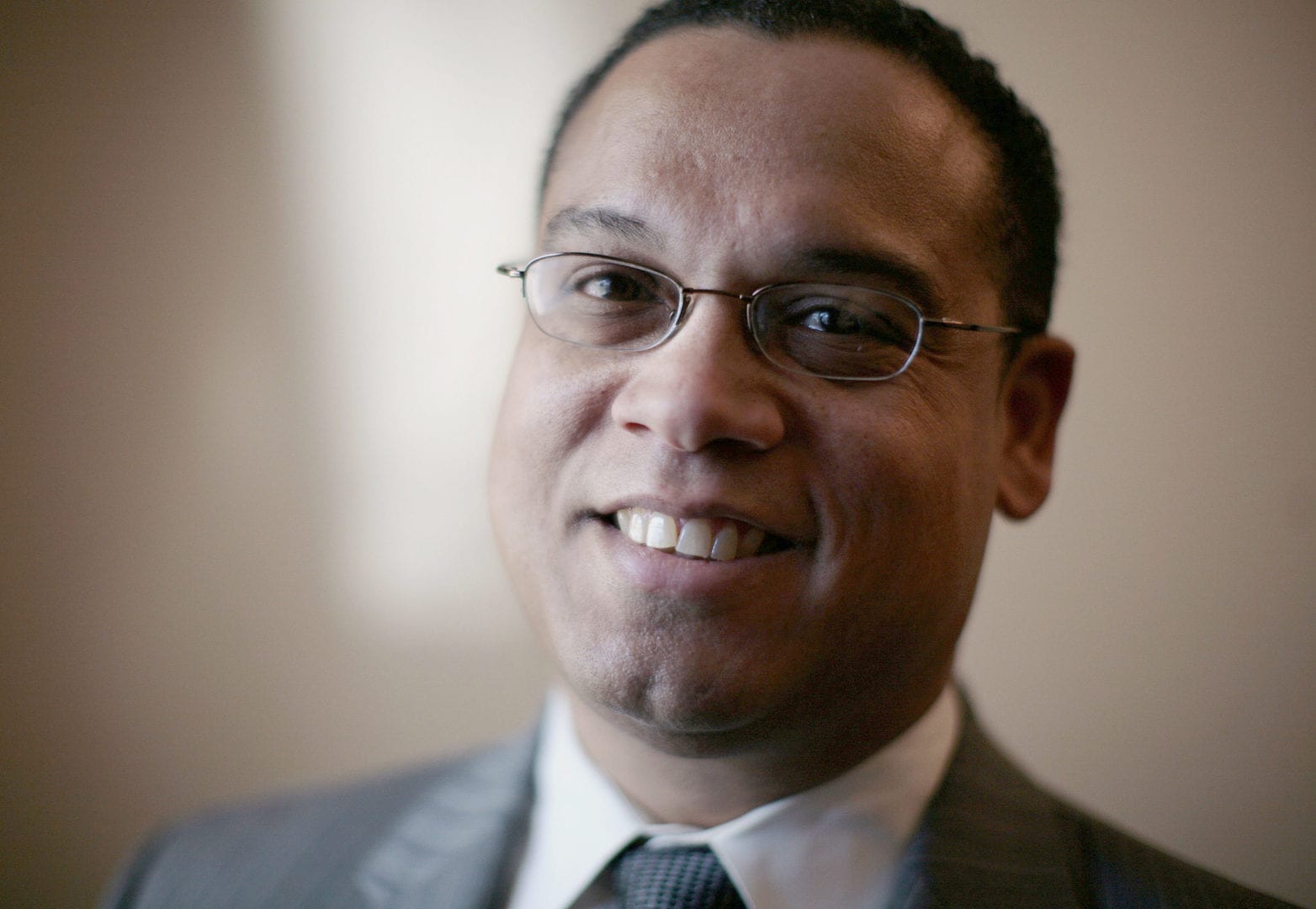
Last week, I attended a panel hosted by the Economic Policy Institute and Oxfam America, featuring US Representatives Keith Ellison (D-MN) and Jim Walsh (R-NY), economists and researchers, and two women who work low-wage jobs. Though informative and fascinating, the discussion left me with more questions than I started with.
- The moderator, Andrew Yarrow of Oxfam America, noted at one point that he was so grateful to have members of opposite parties on the panel. He talked about it as if it was a strange and novel concept, to see a Republican and a Democrat share the stage. I just thought to myself, When did it become so special, such a rarity, to see members of the opposite party sitting next to each other? I recognize that Congressmen these days have a better chance of getting struck by lightning while inside their town cars than they do of reaching a compromise, but I didn’t realize that the act of sitting next to someone of the other party was also some sort of taboo.
- If poor people were lazy, we would not have any unemployment. That’s not a non-sequitur—let me explain. We measure unemployment by how many people are looking for a job and cannot find one. We don’t count workers who have become so discouraged that they stop looking. (This is why our real unemployment rate looks more like 10 percent than 7 percent, but that’s a topic for another day.) Therefore, if everyone who didn’t have a job were just lazy and didn’t bother to look for a job, our unemployment rate would technically be zero. But the reality is that poor people work really, really hard to survive, and the fact that we have an unemployment figure means that these people are working a lot harder than some people think. It takes a tremendous amount of hard work and energy to work at remedial jobs for over 40 hours a week, at minimum wage, with no benefits. If these people were lazy, the unemployment rate would not exist, so my question here is: If this deduction is economically logical, why do many fiscal conservatives continue to make the assertion that poor people are just lazy? I’ll never get this.
- One of the women on the panel, Nyah Potts, a working single mother, explained the hardships of trying to organize workers to stand up to their employers. Many would rather stay quite than risk losing their jobs. In 1950, 30 percent of the workforce was unionized. Today, only 9 percent belongs to a union. Ms. Potts noted that just the word union makes many workers recoil. Being affiliated with a union, she said, can cost you your job. Why has “union” become stigmatized? Why has an entity created to protect workers begun to harm them? Moreover, why do many conservatives oppose the concept of a union if it, in reality, only accounts for 9 percent of workers and has apparently become associated with job loss for low-wage workers? Maybe we should start calling unions something different to break the stigma. How about a “club” or a “coalition” or an “association”? Let’s just substitute the word “union” for the word “association” and call it a 14-hour day. Problem solved.
- In the middle of the discussion, the entire audience started applauding. Rep. Walsh had just said: “We can’t cut ourselves into prosperity,” and the whole room was buzzing with words of praise and agreement. Almost made me want to move to the New York 24th to vote him back into office. This made me wonder: First, why is Rep. Walsh a Republican? And second, why aren’t all Republicans in Congress speaking the way Rep. Walsh did, with poise and common sense and a touch of compassion? If they did, I’d bet my entire paycheck (just kidding, I’m an unpaid intern) that the GOP would perform a lot better during elections. The “tough love” Republican strategy for fixing our economy and helping the middle class is not, has not, and will never work, and Rep. Walsh knows this—why isn’t the rest of his party listening?
- Another point that Ms. Potts raised was the issue of the minimum wage. While she recognizes that raising the minimum wage isn’t “a magic wand” that will fix the whole economy, Ms. Potts said that it should be raised as a matter of “human rights.” Many view the minimum wage argument as inexorably tied to the economy—that liberals make the unsound argument that raising the minimum wage will help boost the economy. Whether you subscribe to that or not (I personally don’t), we should all recognize, as Ms. Potts noted, that we don’t have to view the two together. What if we consider raising the minimum wage as a gesture of improving human rights as opposed to as a mechanism for helping the economy? Perhaps Democrats are coming at the issue from the wrong angle—they should be arguing that raising the minimum wage is simply the right thing to do for waiters and other low-wage workers making $3.50 an hour plus tips. Think about it.
I’m not sure that there are clear answers to any of these questions. The more I learned, the more questions I had, and I realized that we have to do a lot of work just to achieve any small semblance of fairness for low-wage workers in the United States. I’m optimistic, though, that as long as Democrats like Keith Ellison and Republicans like Jim Walsh are around, we have the potential to accomplish great things, both in government and through community organizations.
